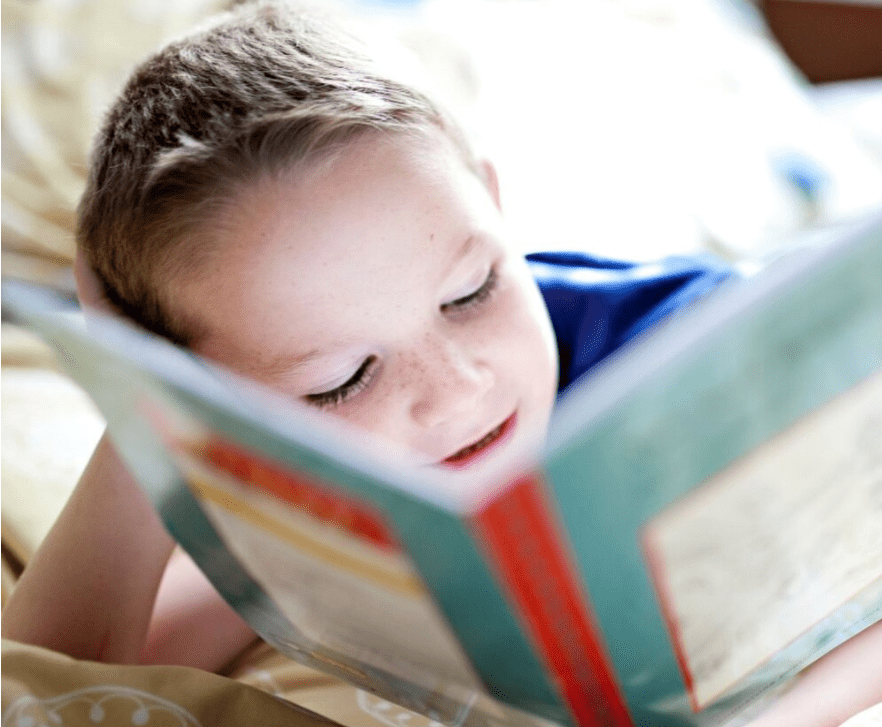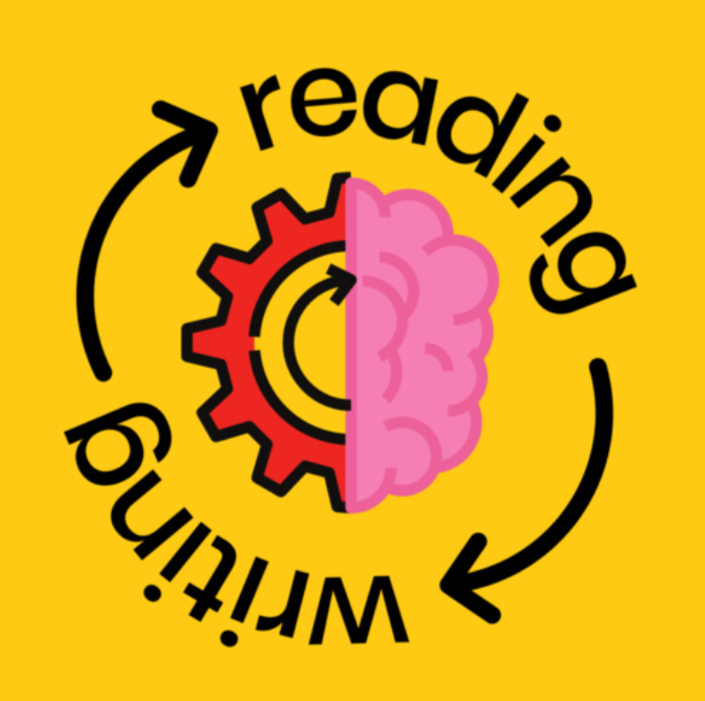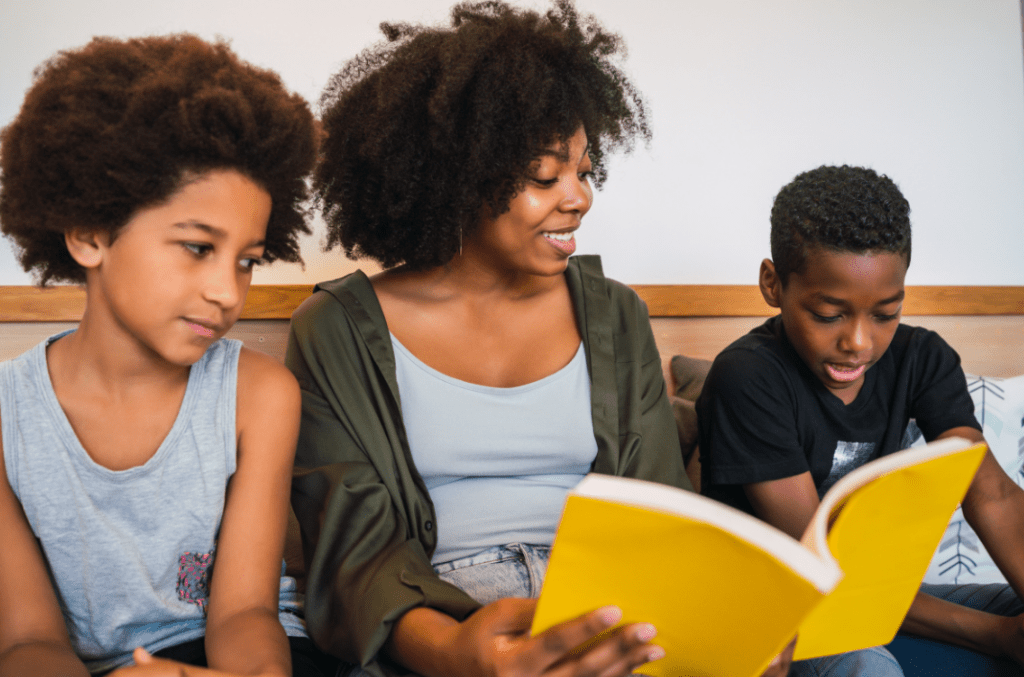Cognitive Behavioral Therapy (CBT) is a highly effective treatment for kids, teens, and adults. This form of talk therapy can address a wide range of mental health conditions. It can work wonders for diagnosed challenges like anxiety, depression, and obsessive compulsive disorder. And CBT is also equally effective for overcoming more general difficulties with stress, fear, or low self-esteem. This form of talk therapy teaches people how to manage their emotions in order to put things in perspective. Interested in learning more about CBT? Listen to Braintrust CEO and Co-Founder, Mara Koffmann, in conversation with psychologist, Dr. Melissa Marcus from Milestones Psychology, as they discuss the basics of cognitive behavioral therapy.
Key Takeaways
As the name suggests, cognitive behavioral therapy involves both cognitive and behavioral elements. As a part of therapy, kids identify negative thoughts or thinking traps, and work to create more positive ones. In addition, they also learn behaviors that will help them to better manage their response in challenging situations. These might include deep breathing or visualizing.
Exposure therapy is often a part of CBT work as well. Through this work, children learn to confront or overcome fears. While the fear will not necessarily go away, kids will learn how to better tolerate their feelings in these high stress situations.
This goal oriented treatment is very targeted. However, the length of treatment varies according to the goal, response, and age. As a rule, though, the older a child is, the longer treatment tends to take. This is because the more time a patient has had to form these negative thinking patterns, the harder they are to overcome.
CBT is a collaborative process. That’s why it is so important to establish a clear treatment plan. That way, parents, their child, and the doctor all know what to expect.
Not sure how to decide if your child needs CBT? It is important to remember that anxiety and fear are totally normal and important responses to threatening situations. They are crucial to our survival! However, if fear and anxiety make it difficult for children to participate in school, play with friends, or feel happy at home, it is a good idea to reach out to a CBT specialist for help.
Looking for simple strategies to manage anxiety?
Dr. Marcus recommends deep breathing and visualizing a happy place. These simple responses to negative feelings are helpful for children and adults alike. And we need to practice them now more than ever! That’s because the more parents are able to model these strategies for managing emotions, the more likely their kids are to pick them up. Remember, feelings of stress and anxiety are inevitable. But the better we learn to manage them, the happier we will feel.




